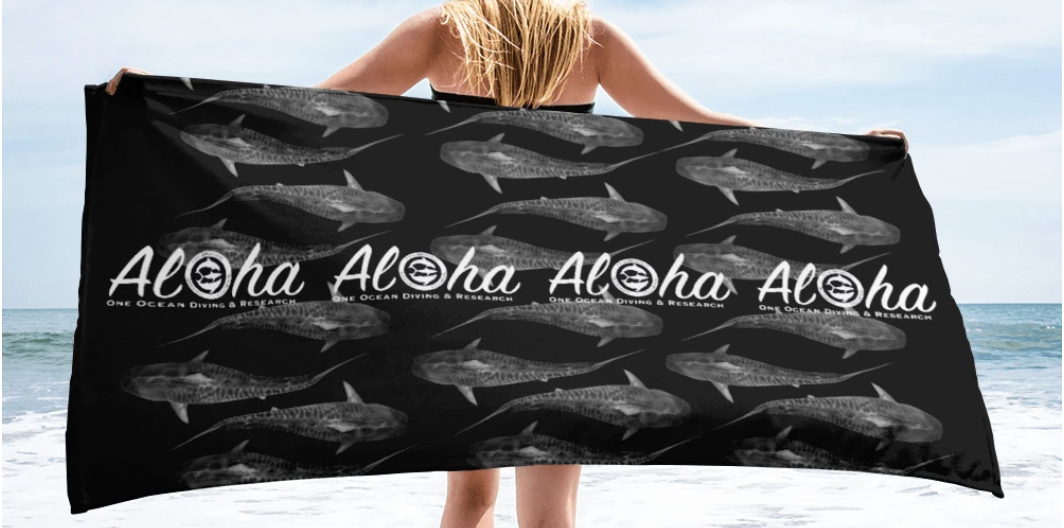Photo by Miami Herald
Did you know that since the 1970s, shark populations have declined by about 90%? Some species even up to 98%!
A lot of this is due to human activities that have depleted populations much faster than sharks can reproduce. Some of these activities include shark fishing, shark culling, bycatch, marine debris, plastic, shark fin soup, and use in consumer products.
Shark fishing is seen as a sport and there are many tournaments held for fishermen to partake in this activity. Being caught and reeled in is very stressful for a shark, and they have a low survival rate after going through this. Shark culling is a similar activity, but the motivation behind this is fear. Culling is the mass killing of sharks, so fishermen will aggregate in a certain area and kill any sharks they catch. In some places, such as Australia, it’s a government funded activity. On our dives, we often see sharks with hooks and fishing line on them.
Bycatch affects many marine species, not only sharks. For every target fish that a commercial fishery catches, they will also catch 9-12 non-target species. This could include sharks, rays, dolphins, whales, turtles, and many other species.
Marine debris causes entanglement for sharks and other marine species. By getting tangled, sharks may be unable to continue swimming to breathe or may have wounds from debris cutting into their skin as they grow. Plastic is another issue, because sharks can consume it or get entangled it is as well.
The demand for shark fin soup is one of the biggest issues pertaining to sharks. When fishermen are finning sharks, they will slice the fins off and throw the living shark back into the water, so it drowns because it cannot swim without its fins. Not only is this brutal, but it’s also very wasteful since only about 2% of the shark is used. Shark fin soup is also not nutritionally beneficial. Shark meat has high levels of mercury so it’s actually toxic to consume. Consumption has been linked to neurodegenerative diseases such as ALS and Alzheimer’s.
Companies are also using shark as ingredients in consumer products. Many makeup and cosmetic brands will use squalene or squalane, which is shark liver oil, as ingredients in their products. Products labeled as anti-aging and moisturizing most often contain these. Many pet food companies also use shark meat in their foods. Shark meat is often labeled under different names such as flake, whitefish, dogfish, and rock salmon.
All of these practices are extremely detrimental to shark populations, killing over 150 million sharks each year. Sharks are vital to the ocean's ecosystem, and if we continue these practices, scientists predict we could have a fishless ocean by 2048.
Visit @oneoceanconservation on Instagram to learn more, and spread the word about sharks to help raise awareness about their plight.






